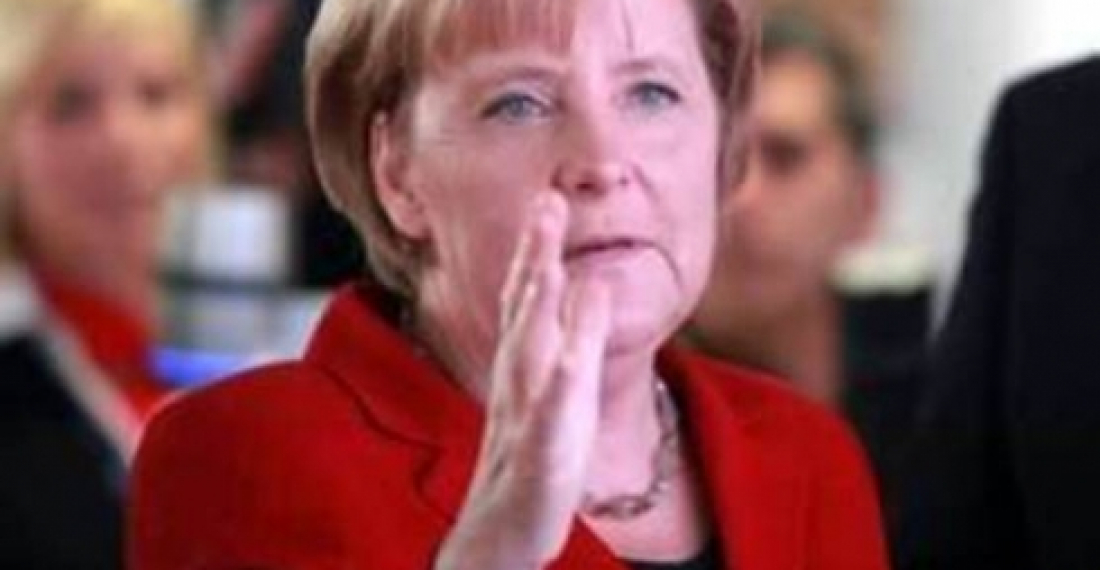The German Chancellor, Angela Merkel is today visiting Moldova in a trip seen as an expression of support for the efforts of the current Moldovan leadership to find a solution for the Transdniestrian problem, as well as promote Moldova's aspirations to strengthen relations with the European Union.
The German Chancellor, who arrives in the afternoon in the Moldovan capital Chisinau, will hold talks with Prime Minister Vlad Filat, the leader of the reformist governing coalition, and President Nicolae Timofti. She is also scheduled to meet with leaders of Moldova's parliamentary factions.
Merkel and Filat are due to hold a joint news conference after their meeting.
The German chancellor is scheduled to hold a speech at the Palace of the Republic later in the day.
Commonspace.eu political editor said that "The visit of Merkel will boost the government of Prime Minister Vlad Filat which has embarked on a courageous programme of reforms, and is also sends a message of support from the German government to recent developments in negotiations aimed to resolve the Trandniestrian conflict. Germany remains the European country with the strongest influence in Moscow and German efforts are crucial if Russia is to acquiesce to any future deal on Transdniestria."
source: commonspace.eu







